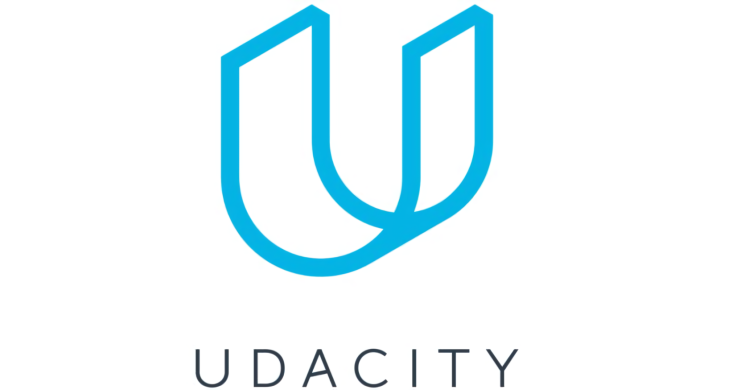Budding AI engineers have no shortage of choices when it comes to massive open online courses (MOOCs). There’s Udemy and Coursera, the latter of which hosts former Baidu chief AI scientists Andrew Ng, whose first machine learning course has enrolled more than 1.7 million students to date. And there’s startups like Fast.ai, which offers free data science courses for coders, and EdX, which has a slew of AI and machine learning curricula.
Yet another MOOC provider with a horse in the AI race is Udacity, and it’s staking its claim today with a new program: the Data Engineering Nanodegree Program. It’s targeted at students of predictive analytics and data-driven development, specifically those looking to master the ways of data modeling, cloud data warehouses, data lakes, and data pipelines.
As Udacity school of data science product lead Sam Nelson pointed out in a blog post, there are roughly 100,000 job openings for data engineers (according to Glassdoor), and job openings grew nearly 100 percent year-over-year. Moreover, the ratio of data engineer to data scientist vacancies is roughly four to one.
“Data engineers are responsible for making data accessible to all the people who use it across an organization. That could mean creating a data warehouse for the analytics team, building a data pipeline for a frontend application, or summarizing massive datasets to be more user-friendly,” he said. “Students who take [our new] program will learn the technical skills required to become a data engineer … Companies all over the world are looking for data engineers and our goal is to help anyone who wishes to land a job in the field do so.”
June 5th: The AI Audit in NYC
Join us next week in NYC to engage with top executive leaders, delving into strategies for auditing AI models to ensure fairness, optimal performance, and ethical compliance across diverse organizations. Secure your attendance for this exclusive invite-only event.
The Data Engineering Nanodegree takes roughly five months to complete, assuming five to ten hours of classroom time a week, and involves four courses, five projects, and a bit of roleplay: Students play the part of a data engineer at a music streaming company. Each module tasks them with manipulating data that grows in volume — and complexity — as the nanodegree program progresses. And in the capstone, enrollees have to gather data from several different sources, transform it, combine and summarize it, and create a clean database for others to analyze.
Udacity consulted with experts from Slack, Stitchfix, Uber, and Insight Data Engineering to develop the curriculum, Nelson says, and it recruited instructors with “extensive data engineering and teaching expertise” in the field. “Demand for data engineers has never been higher,” he added. “The Udacity Data Engineer Nanodegree program’s combination of world-class curriculum and excellent services is the perfect path to join this exciting field.”
Registration starts today, and the $999 fee nets you personal feedback, access to a mentor who can answer questions and review work, a learner community, career services, and other benefits.
The launch of the Data Engineering Nanodegree Program comes on the heels of Udacity’s new School of AI, which features four nanodegree programs and a 3D simulator. The company also recently rolled out a flying car nanodegree program, and others focused on virtual reality (VR) and blockchain development.
Udacity, which was founded in 2011 as an outgrowth of free Stanford computer science classes, is headed by former Google X exec Sebastian Thrun, and began in 2014 to partner with industry leaders to create certifications in a range of subjects, from AI and coding to digital marketing. More than 50,000 students are enrolled in nanodegree programs, Udacity claims, and 10 million others are actively participating in its free courses and business partnerships.
Udacity has raised around $160 million in venture capital and employs over 500 people globally. In February 2018, it was valued at over $1 billion.


